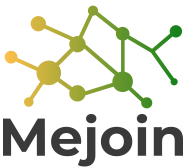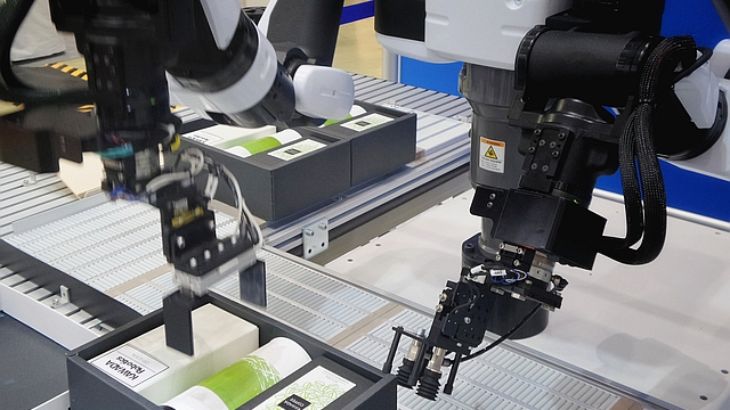Check out our article at The Future of Work. This article was also published on the campaign site.
Have you ever wondered why we need artificial intelligence to perform all the activities we usually plan and carry out ourselves? There are indeed some fields in which artificial intelligence is simply superior to our own. You will learn about them in the third article of this series.
Resistant to heat, cold, toxins and radioactivity
Let us first have a closer look at the ‚body‘ of AI – the robots. These machines offer some clear advantages over us humans. Robots are stronger, faster and more precise. Even in extreme situations that are unbearable for humans, robots can perform on a consistently high level since they do not get shaky or slow down. That is why robots are often used in very hot or cold environments and when handling toxic or radioactive material. Their performance is always constant and no human life is put at risk.
Understanding complex relationships
Let us now have a look at the ‚brain‘ of AI – the robots’ software. It too offers several good arguments in favour of using AI that are plain to see. The robots, or their algorithms to be precise, can understand and classify extremely complex relationships – for example in companies – more exactly and faster than us humans.
For example, distinguishing a newborn puppy from a kitten is a piece of cake for us and a skill we take for granted. However, this distinction is not that trivial at all and it takes months or even years for human babies to learn this skill.
AI is also able to analyse complex relationships fast and easily and to distinguish between, say, puppies and kittens. In contrast to humans, however, it might take an artificial neural network only a few seconds to learn the same skill.
This enables AI to calculate rather complex relationships in corporate processes or product development better and faster than humans can.
Identifying errors to improve quality
Robots using AI operate in the same way as described above. In quality management, robots equipped with a camera can monitor the manufactured parts in real time. This allows them to identify non-conforming components in a particular lot that differ visually from ideal components and that were not detected previously at an early stage. This allows employees to take early action to reduce reject costs or deliveries of faulty components, thus saving money and time. In the context of quality management, AI can also help identify minimal product deviations which would otherwise not be detected over a longer period of time and cause major problems. The only thing AI has to do to achieve this is identify any deviations from an ideal value.
Creating prognoses and managing risks
Companies can also benefit from artificial intelligence in the field of risk management. The objective in this context is to understand and evaluate complex relationships. AI can create prognoses regarding future trends that are more precise than those created by humans, given that a computer can access significantly more data and thus consider more parameters. AI prognoses are therefore considered far more valuable for important decisions.
Many people have asked me: ‚Why hasn’t every company implemented AI yet?‘, and they are quite right to ask.
My answer is: because using AI is still too costly and not transparent enough.
In other words, AI prognoses are good and valuable. However, the problem lies in the last step of extracting the important information and taking the appropriate decision. AI is not able to do this yet, which is why this difficult task still needs to be performed by humans. It will only be possible to implement AI in risk management on a large scale when AI is able to correctly execute this step as well.
A valuable digital brain: Incorruptible and neutral
The last important aspect making the digital brain so valuable is the fact that it was created by humans but does not necessarily act like them. AI functions like a human brain with the advantages described above but it is not sensitive to environmental influences. Consequently, AI has no will of its own but simply performs the tasks it is given. It is therefore impossible to bribe or threaten AI, making it work as neutrally as the input data permits.
There has been a lot of controversy about whether AI would implement better and fairer policies than many human politicians or whether we would benefit from using AI in corporate management. After all, there would be no preferential treatment of certain employees or customers. This would be an ideal situation in which principles such as ‚first come, first served‘ would truly work and which would significantly reduce the number of discrimination complaints. Every person will certainly need to evaluate if this would make sense personally and whether it is a good idea to adopt it in their company.
Come back soon for the final part 4 of the series ‘What is AI still lacking to be intelligent and trustworthy?’, which will focus on the main weaknesses of artificial intelligence.


0 Kommentare zu “Why it makes sense to use AI”